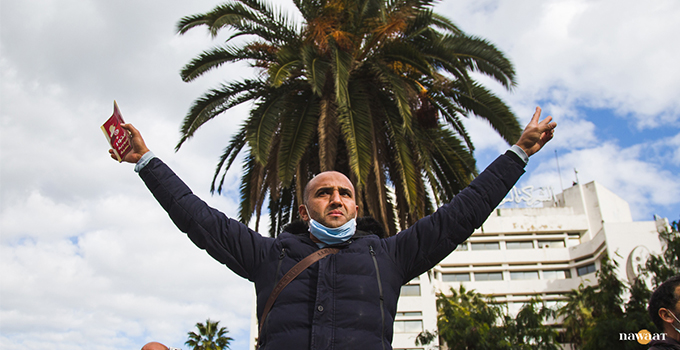January 14, 2022, marked the eleventh year Tunisia has initiated what can be referred to as a ‘democratic process’. The state of play is now drastically different compared to a decade ago, to the extent an observer should ask: what does January 14 represent for Tunisians in 2022, if anything at all?










